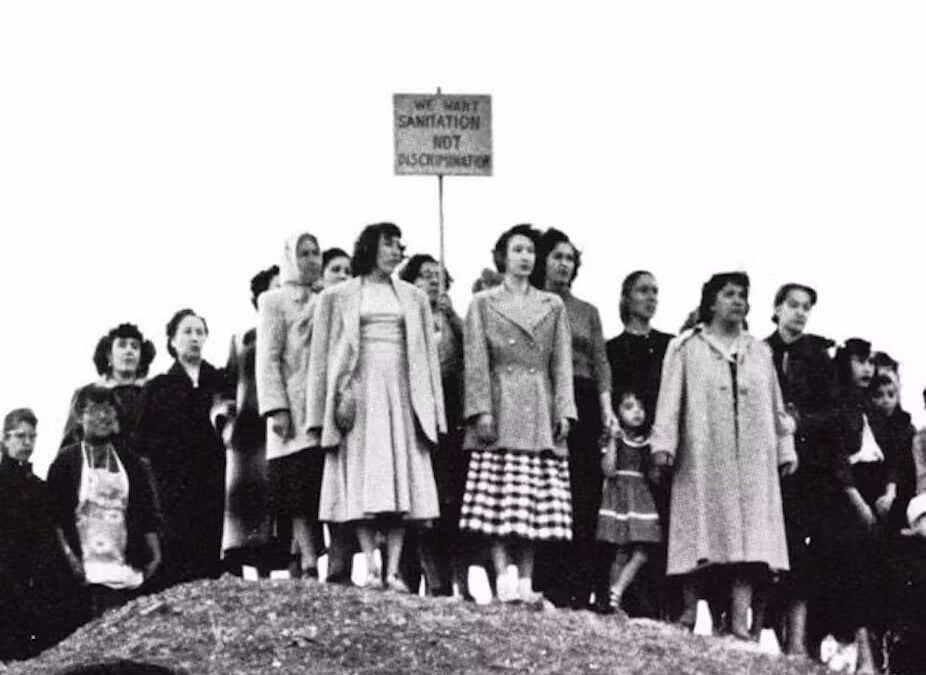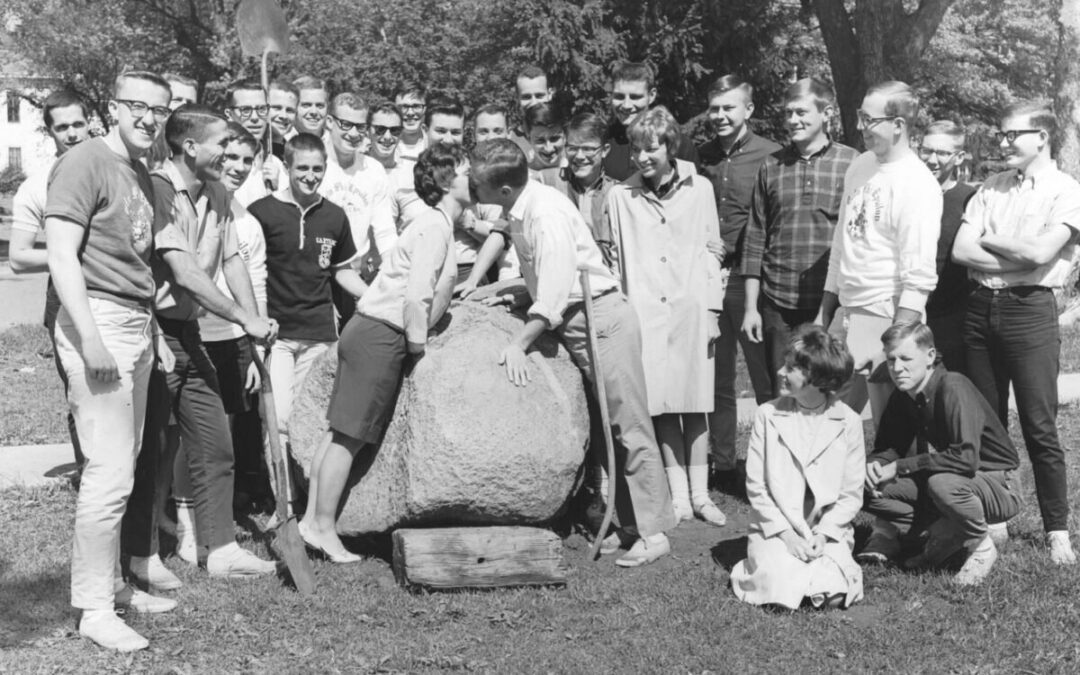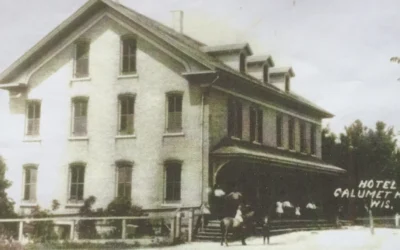
A 5,200-year-old canoe was discovered in Lake Mendota. (Corey Coyle/CC BY 3.0).
First Nations members and the Wisconsin Historical Society have been uncovering ancient canoes in Lake Mendota since 2021. The discoveries paint a clearer picture of the region’s Indigenous history.
Madison’s Lake Mendota is proving to be full of prehistoric wonder. Over the last few years, several ancient canoes have been found in its watery depths, and a recent discovery is adding to that overall total. On November 19, the Wisconsin Historical Society released a statement indicating that they, along with First Nations members in the area, discovered 14 ancient canoes “still submerged in the lakebed.” The groups had previously unearthed two others in 2021 and 2022 respectively.
A 1,200 year old “dugout canoe” was found in Lake Mendota first. Then, the next year, another was found that proved to be “the oldest dugout canoe originating from the Great Lakes region at the time of recovery at 3,000 years old.” According to the Historical Society’s release, the oldest canoe in this latest batch appears to be around 5,200 years old, and the most recent dates back to about 700 years ago.
To put that into perspective, “The oldest Lake Mendota canoe identified to date was likely crafted sometime around 3000 BCE, before the Great Pyramid of Giza was built in Egypt and around the time of the invention of writing in Sumer. — Constructed of red oak, it is now the oldest dugout canoe recorded from the Great Lakes region and the third oldest in eastern North America.”
The discoveries are hugely important not only from a general perspective, but in terms of better understanding and preserving the history of Wisconsin’s Indigenous communities and how they traveled.
Archaeologists and First Nations members are mapping potential trailways
Archaeologists from the Wisconsin Historical Society noted in their November 19 release that the ancient canoes appear to be in “two distinct groupways.” These were then used to help paint a clearer picture of the trailways that local Indigenous communities would have followed hundreds and thousands of years ago. Bad River Band of Lake Superior Chippewa’s Tribal Historic Preservation Officer, Larry Plucinski, said of this discovery, “The canoes give us insight into a sophisticated travel network and interconnected communities who used their incredible skills and knowledge to live and thrive on lands where we still live and thrive today. They reflect a deep relationship with the environment and the ingenuity of our ancestors.” He added, “Sharing what we learn from this project honors the innovators whose knowledge lives on and inspires new generations to feel pride for their ancestors.”
What’s even more fascinating is the idea that the canoes and subsequent trailways were used in much the same way as some of our modern conveniences. Per the official release, “The canoes were likely not owned by individuals, but rather shared among members of communities and stored at designated points, similar to how modern community bike sharing programs utilize docking stations for users to store bikes between riders.”
Wisconsin’s lakes have always played an integral part in its Indigenous history
This area of the state—and the lakes it contains—holds “spiritual significance for the Ho-Chunk people,” according to State Archaeologist for the Wisconsin Historical Society, Dr. Amy Rosebrough. Dr. Rosebrough said that Lake Wingra has a spring with a white clay bottom that “is viewed as a portal to the spirit world.” She added that, “For generations, the Ho-Chunk have honored this place through ceremonies of remembrance, guidance and peace, helping spirits journey to the world beyond.”
Due to their “profound cultural and spiritual connection” to the lake, it remains ingrained in the community’s traditions. With the discovery of Lake Mendota’s ancient canoes, hopefully those traditions can be carried into future generations with even more connection and clarity.
This article first appeared on Good Info News Wire and is republished here under a Creative Commons license.
Related: 8 Wisconsin lakes where you can rent a stand-up paddleboard

A timeline of the storied history behind Wisconsin’s former Badger Army Ammunition Plant
The land which once held a massive munitions plant near Devil's Lake State Park has had many chapters. From the prairie home of the Ho-Chunk Nation,...

5 unsung films that dramatize America’s rich labor history
By Peter Dreier, Occidental College The U.S. is in the midst of a new upsurge of union organizing. Is a Hollywood drama about angry Starbucks...

9 quirky traditions Wisconsin colleges carry on
At these universities, traditions new and old are a vital part of the college experience. When college students reflect on their time at school,...

13 famous people who are buried in Wisconsin
From famous architects to movie stars and rock ‘n’ roll legends, there are plenty of famous graves to pay your respects at in Wisconsin. Choosing...





